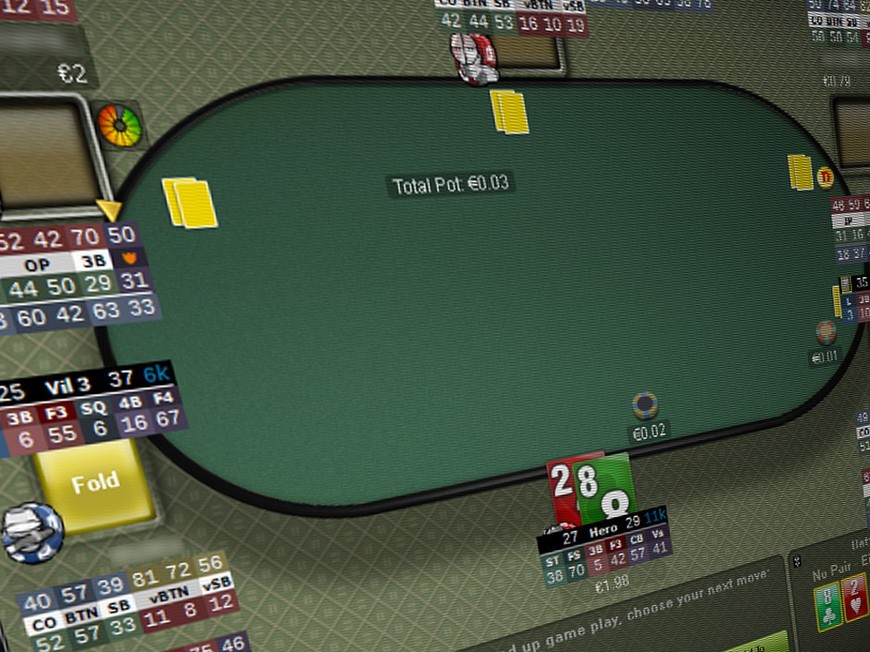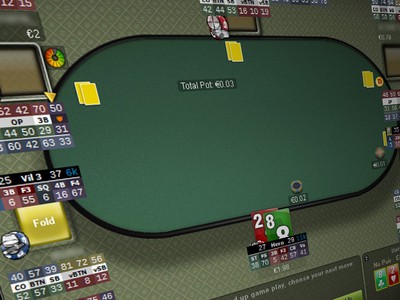

Online poker network MPN has changed its policy on saved hand histories, stopping all hand tracking when the player did not participate in the pot and removing it entirely on anonymous tables.
Hand histories are useful for a player to track their own results and analyze the play of their opponents. Heads Up Displays, popular tools among serious online poker players, use these hand histories to automatically present information on opponents at the table.
“I … think tracking software has changed the game in a way that makes it less fun,” writes Alex Scott, Head of Product (Network Games) at Microgaming, in a network blog post.
“It allows you to gather huge amounts of data on your opponents, without requiring any significant attention or observation on your part. It allows you to exploit the weakest opponents exclusively, if you wish.”
MPN have made changes to limit the effectiveness of player tracking in the past. It announced regular screen name changes in mid-2015 and deployed it soon after. It has offered anonymous ring games for over six years, which has led to some surprisingly effects on player behavior.
Impact
The latest changes, announced last week and taking effect in the coming days, will put an end to the recording of hands played at anonymous tables, ensuring that there is no player tracking at all. However, one ramification of this change is that players can no longer track their own personal wins and losses from anonymous tables with personal tracking software.
The other change will have even more impact—on all cash games, hand histories will only be saved when a player contributes to the pot.
“In other words, you will not be able to track hands in which you did not actively participate, nor will you be able to gather data on your opponents by passive observation,” Scott explains.
However, the change has other effects. Firstly, players will not know how many hands of poker they played using personal tracking tools—they will only know the number of hands when they contributed money to the pot. Many players set personal targets for daily or weekly play level, and this will become harder to monitor.
Secondly, players will no longer be able to analyze the frequency of their own preflop activity. One very common statistic to check for “leaks” is to look at how frequently they voluntarily put money in the pot, a stat known as “VPIP.” This statistic will no longer be valid for MPN-tracked hands.
The changes only impact hand histories saved to the hard drive; the web-based functionality for reviewing play—known as PlayCheck—is unaffected, Alex Scott later clarified.
“As a poker player, I hoped that this experiment would fail, that players would vote with their feet and that the trial would show we’d make less money from charging these fees”MPN is certainly not the only operator to curb player tracking via restricting saved hand histories. Unibet’s online poker room has no hand histories at all, and disallows all HUDs. Partypoker recently made all hand histories anonymous.
Other Changes
Other announced changes include “closing loopholes” of unethical play at the table. One change makes it impossible for a player to sit out if they are dealt into the big blind at the start of a new table, a trick known as “grimming.”
Table blocking—sitting at a table and not playing—will also be prevented in a forthcoming update.
The mobile app will also get a big upgrade soon, with support for all tournaments—including multi-table tournaments, sit and gos, and the Fish Party lottery sit and go—to come next month.
A recent trial of adding rake to tournament rebuys and add-ons has also become a permanent change; MPN stated candidly that the change clearly increased revenue for its customers without impacting the level of play.
“As a poker player, I hoped that this experiment would fail, that players would vote with their feet and that the trial would show we’d make less money from charging these fees in the long term,” Scott writes. “However, that has not been the case. In fact, the data and analysis we have to date shows that there would be a sustainable increase in revenue from charging these fees.”
The network has a reputation of reducing rake in cases where the opposite is shown to be true.
This article originally appeared on Poker Industry PRO and has been republished here as a courtesy to our readers. Please visit Poker Industry PRO for more information on the industry intelligence services that are available, or email sales@pokerindustrypro.com to get a free trial.

